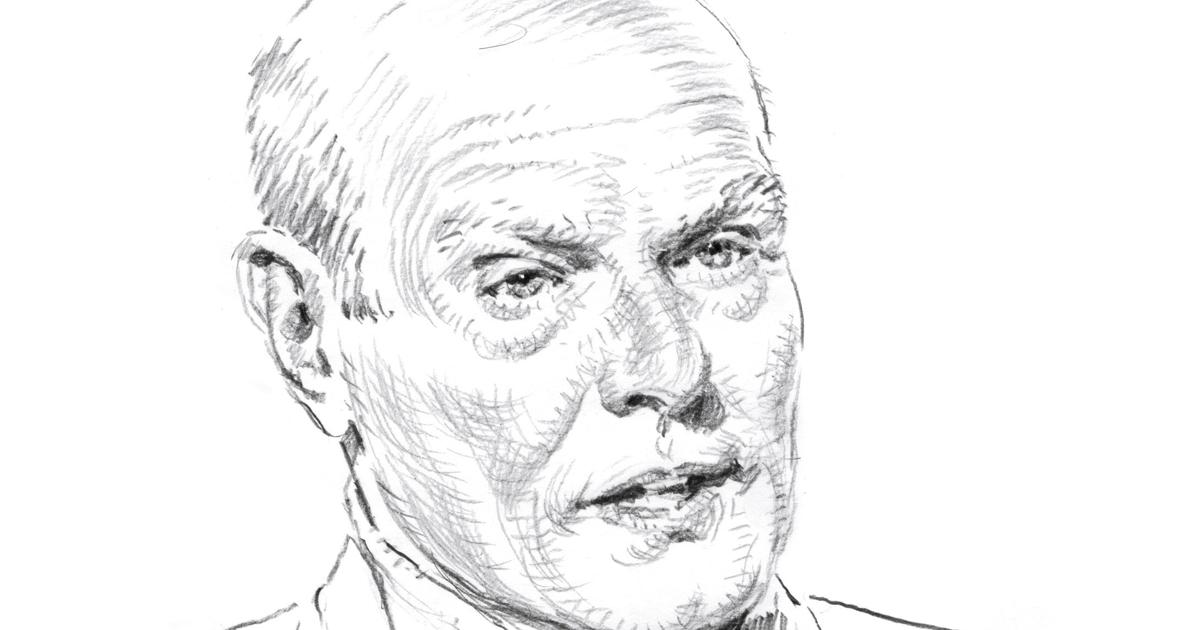Several prostitutes demonstrate this Monday in front of the Le Moulin Rouge cabaret to demand an improvement in the law against French prostitution.ALAIN JOCARD / AFP
France celebrates this Tuesday with mixed feelings the fifth anniversary of the entry into force of its law against prostitution.
The regulation, which represented a paradigm shift by penalizing the client and not the prostitutes, following the so-called Swedish model, divided the associations on the matter from the beginning, part of which continue to defend their convenience to this day, although they regret the lack of resources, compared to others who claim that it has caused an even stronger precariousness of an already very marginalized sector.
What they all agree on is the meager achievements to date: only 161 women have completed the program provided by law to abandon this activity, in a country where it is estimated that up to 40,000 people practice prostitution.
Madame Claude, the most famous pimp in France appears on television
Street prostitution under the influence of the pandemic
Centrist Senator Annick Billon, chair of the women's rights delegation, recently summed up those mixed feelings.
The law represents "a considerable advance, a paradigm shift, but its implementation does not necessarily live up to our hopes," he said.
The regulation, which came into force on April 13, 2016, provides for fines of 1,500 euros (3,750 in case of recidivism) for clients of prostitutes, who were no longer penalized for exercising.
At the same time, it establishes a two-year program to help and encourage women to leave prostitution, with financial aid for professional reintegration and regulation of the situation for undocumented people who seek to integrate them into society.
But the amount of these, 330 euros a month, is an absolutely insufficient figure, according to critics and defenders of the law.
The times and requirements established for this - the obligation to leave prostitution before entering the program, as well as a great bureaucracy and divergence of criteria according to departments - are also questioned to varying degrees by both sides.
Since 2017, a total of 564 people have been able to benefit from this so-called “exit route from prostitution”, which at the moment have completed 161 of them, according to official data provided to this newspaper.
Between 2016 and 2018, the authorities also imposed 3,200 fines on clients, and 2,000 more in 2019. Very low figures in relation to day-to-day prostitution in France, carried out by between 30,000 and 40,000 people in the country and that, at least until the law came into force, it moved more than 3,200 million euros per year.
"Lack of a national piloting"
An official evaluation report of the law that should have been delivered in April 2018, but was only made public in June of last year, confirms that "its implementation has been considerably hampered by a lack of commitment from the public powers."
The main problem, he pointed out, was the "lack of national leadership" that has resulted in a "weak application of certain measures", such as education campaigns, and in a "heterogeneity of practices in the territory", with large differences between departments when establishing the requirements of the social reintegration program.
Added to all this is the absence of means for the rule to be effective.
"If the law has reaffirmed France's abolitionist commitment, it has not deployed sufficient means to achieve that goal," sums up the official assessment.
"It is not the law that is in question, but its implementation, which must be total," coincide sources from Mouvement du Nid, one of the main abolitionist associations.
The 2016 law "is effective because it is fair and balanced," they argue;
the problem is that it needs to be really applied throughout the territory.
And for this, they emphasize, means are needed.
The Government should guarantee 2,400 million euros in the next decade —240 million annually so that 4,000 prostitutes can enter the integration program each year— to ensure that “the 40,000 people in prostitution can effectively integrate fully into society. ", Point out the organizations, which also demand awareness campaigns and a" clear political will of the Government. "
It is not a question of more or less money, but of a wrong base approach, replicate the associations that have demanded for years the total withdrawal of the law that, they affirm, has only contributed to stigmatize and make more precarious people traditionally mired in poverty. social margination. "We are not celebrating this anniversary, we regret that, five years later, we are forced to remember that everything that happens we had planned and that we warned parliamentarians of it," Irène Aboudaram, from Doctors of the World, said at a press conference this Monday France. This is one of the associations that, in 2019, brought the prostitution law before the Constitutional Council, in an unsuccessful attempt - the body validated the regulations - to question the law. As they argued then and maintain until today, since its entry into force this has caused a worsening of the living conditions of people who practice prostitution, with lower income and greater exposure to violence and risky practices, since many clients , under the argument that those who are exposed now are them, they demand to renegotiate prices or conditions, such as the use of condoms. For June Charlot, from the association for the escort of prostitutes in Toulouse Grisélidis, "this law was sold as going to save these women from prostitution, but no device was put in place to accompany them with dignity."






/cloudfront-eu-central-1.images.arcpublishing.com/prisa/ZTYVRPXY7NGDJKLEOZB432EXRI.JPG)

